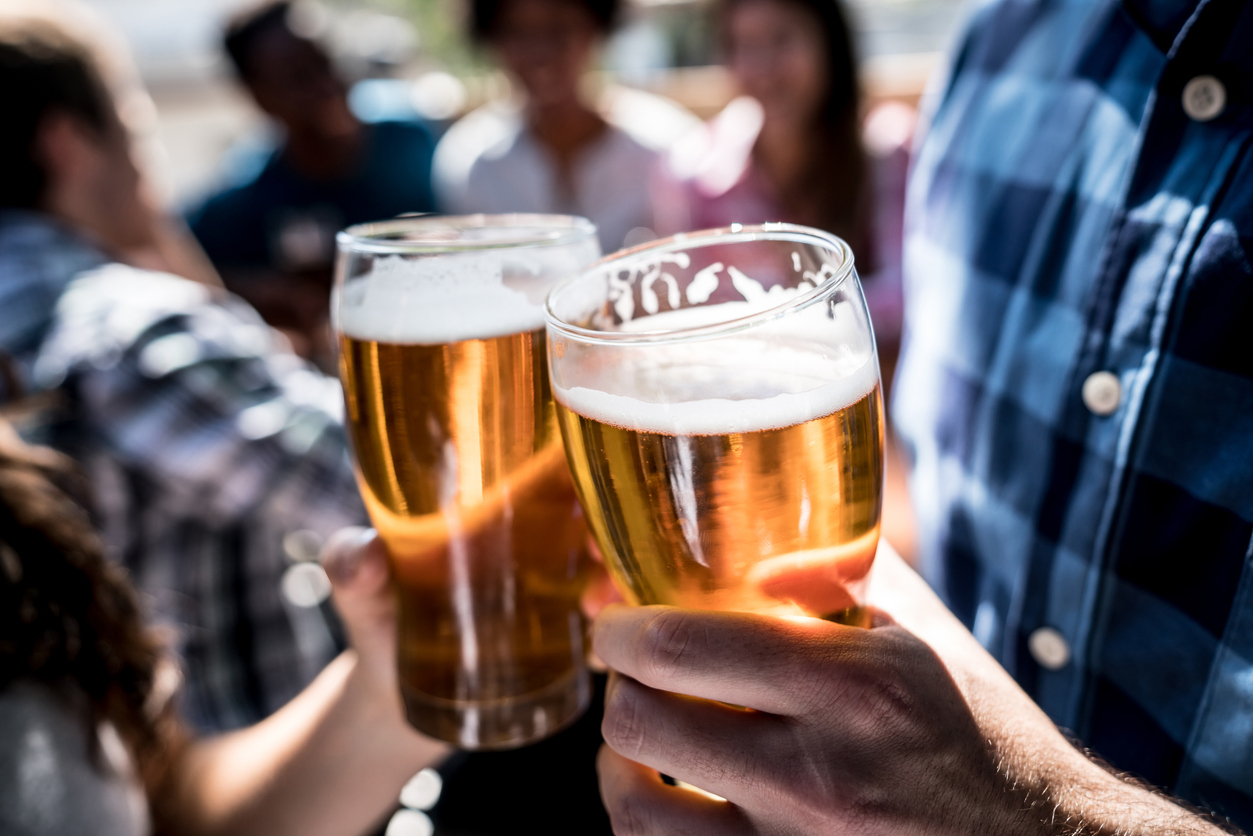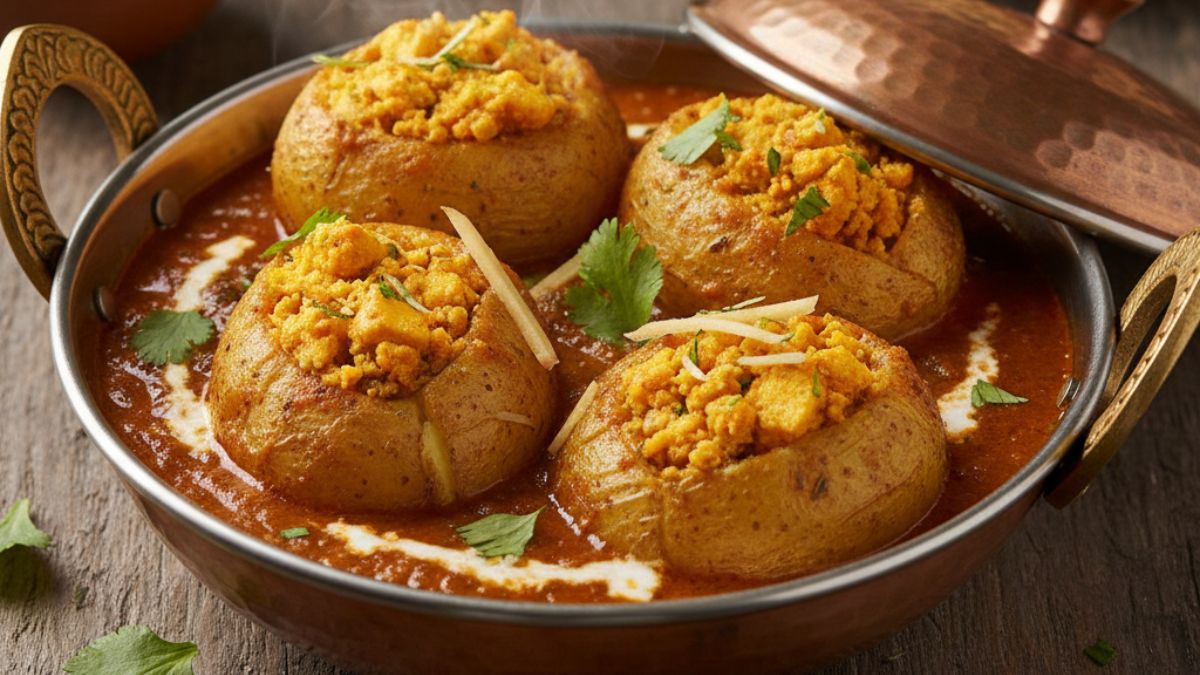Drink lots of water! We have been told time and again but never really understood what 'lots' precisely meant. What we do know is that water plays a vital role in maintaining our overall health and well-being. It serves as the foundation for numerous bodily functions and plays a crucial role in maintaining optimal health at every stage of life. However, the amount of water needed varies depending on factors such as age, sex, activity level, body weight and climate. Factors like pregnancy, breastfeeding, and certain medications are also taken into consideration. To make our job easier to determine our body's hydration needs, dietitian Shikha Kumari, in a post on her Instagram page, shared a general guideline for water intake across different age groups.
Also Read: Should You Drink Water Before Or After Meals? Here's The Best Time To Have Water

Water is important for our overall well-being.
Here're Recommended Water Intake Quantity For Your Age:
Water Intake In Childhood:
For kids between the ages of 4 to 8 years, approximately 5 cups or 1,200 millilitres of water per day, including fluids from food and beverages are appropriate.
Water Intake In Pre-Adolescence and Adolescence:
Between the ages of 9 and 13 years, roughly 7-8 cups or 1,600-1,900 millilitres of water per day, along with fluids from food and beverages is recommended.
Water Intake In Adolescence:
Adolescents between the ages of 14 years and 18 years should aim for 8-11 cups or 1,900-2,600 millilitres of water per day, including fluids from food and beverages.
Also Read: Benefits Of Drinking Water: 8 Ways To Ensure You Are Having Enough Water
Water Intake In Adulthood:
Similar to adolescents, adults falling in the age bracket of 19-64 years, should have 8-11 cups or 2,000-3,000 millilitres of water per day, including fluids from food and beverages. However, in adulthood, individual requirements may vary based on factors such as weight, activity level, and climate.
Water Intake In Older Adults:
Adults of 65 years of age or older, should consume about 8-11 cups or 2,000-3,000 millilitres of water per day, including fluids from food and beverages. Adequate hydration becomes particularly important in older age due to potential changes in thirst perception and increased risk of dehydration.
Also Read: Benefits Of Alkaline Water: Health Benefits, How To Make Alkaline Water And Its Side Effects
Dietitian Shikha Kumari also stated, "The best way to determine your personal hydration needs is to listen to your body and pay attention to signs of thirst. If you feel thirsty, it's an indication that your body needs more water. Additionally, your urine colour can serve as a helpful indicator of hydration. Clear or pale yellow urine generally indicates proper hydration, while dark yellow urine may suggest the need for more fluids."
Water is a universal necessity, regardless of age. Understanding the appropriate daily water intake for each age group is key to promoting optimal health.
About Neha GroverLove for reading roused her writing instincts. Neha is guilty of having a deep-set fixation with anything caffeinated. When she is not pouring out her nest of thoughts onto the screen, you can see her reading while sipping on coffee.











